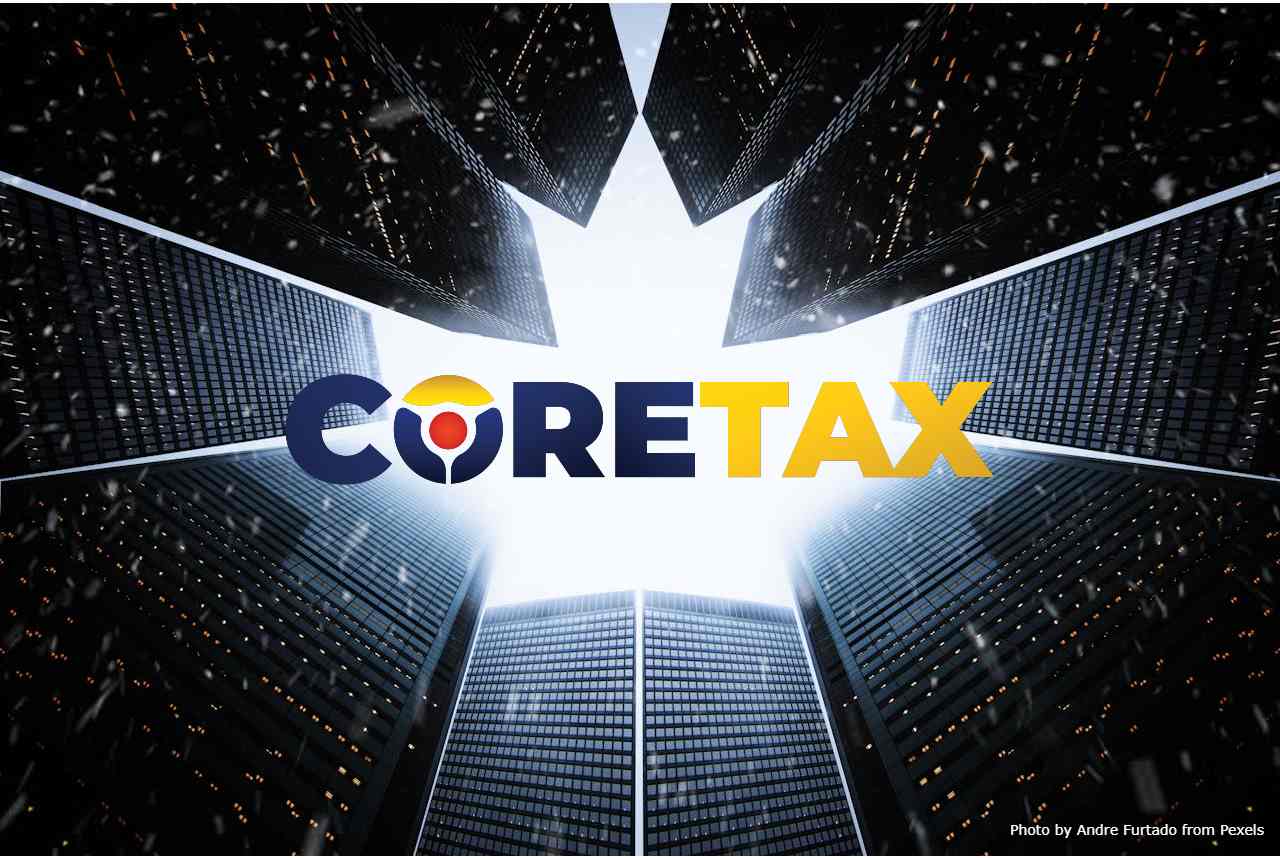Regulations Governing the Deadline for Creating Tax Invoices
1. Value-Added Tax Law (UU PPN) Article 13 Paragraph (1a): This law provides fundamental guidance on when Tax Invoices must be issued. For JKP, Tax Invoices are required to be issued at the following times:- When the Taxable Service is delivered: The Tax Invoice should be created at the moment the service has been provided to the client.
- When payment is received: If the client pays before the service is rendered, the Tax Invoice must be issued at the time the payment is received.
- When payment is made in installments: If the service is delivered in stages and payment is made based on installments, a Tax Invoice must be generated each time a payment is received.
- At other times as regulated by the Minister of Finance Regulation (PMK).
- When the price for the service is recognized as a receivable or income, or at the issuance of the sales invoice by the Taxable Entrepreneur according to generally accepted accounting principles.
- When the contract or agreement is signed if the timing of the receivable recognition or the issuance of the sales invoice is uncertain.
- When facilities or conveniences for the service are made available for use, such as in cases of gratuitous service or self-use.
Why is Determining the Timing of BKP Delivery Simpler Compared to JKP?
Determining when BKP is delivered is relatively straightforward due to the clear physical objects involved. When goods are transferred from seller to buyer, the delivery is considered complete. This simplicity facilitates the creation of Tax Invoices for BKP, as the timing of the transfer can be clearly identified. In contrast, Taxable Services (JKP) are intangible and lack a distinct physical object being transferred. This makes it challenging to pinpoint a specific moment for service delivery. For instance, in consulting or software development, when exactly is the service considered delivered? This complexity necessitates more detailed guidance from applicable regulations regarding the timing of Tax Invoice creation for JKP.Accounting Principles: IFRS and PSAK in Revenue Recognition for Services
Revenue recognition for services is a critical aspect of accounting, governed in detail by international and local accounting standards. The two primary standards referenced are the International Financial Reporting Standards (IFRS 15) and Pernyataan Standar Akuntansi Keuangan (PSAK 72) in Indonesia. Both standards provide guidance on how and when revenue from contracts with customers should be recognized in financial statements.IFRS 15 and PSAK 72: Revenue from Contracts with Customers
Both IFRS 15 and PSAK 72 utilize a five-step model for revenue recognition:- Identifying the Contract with the Customer: A contract is an agreement between two or more parties that establishes enforceable rights and obligations. In the context of services, contracts typically take the form of service agreements that outline what the service provider will deliver and what compensation will be received in return.
- Identifying Performance Obligations in the Contract: Performance obligations are promises to transfer distinct goods or services to customers. In services, this could involve a single service or multiple services that need to be fulfilled.
- Determining the Transaction Price: The transaction price is the amount of consideration expected to be entitled to as compensation for transferring goods or services to the customer. This can be a fixed or variable price based on the contract terms.
- Allocating the Transaction Price to Performance Obligations: If there are multiple performance obligations, the transaction price should be allocated to each obligation based on their standalone selling prices.
- Recognizing Revenue When (or As) the Entity Satisfies a Performance Obligation: Revenue is recognized when control of the goods or services transfers to the customer, which can occur at a specific point in time or over a period.
Revenue Recognition for Services: Over Time vs. At a Point in Time
In the context of services, revenue recognition often occurs over time, as customers simultaneously receive and consume the benefits from the services provided by the entity. Several indicators suggest that revenue should be recognized over time:- Customers receiving and consuming benefits simultaneously: For example, cleaning services where customers derive benefits gradually over time.
- Creation or enhancement of assets controlled by the customer: For instance, construction services where the building being erected is controlled by the customer.
- Assets that do not have alternative uses for the entity: The entity must have an enforceable right to payment for performance completed to date.
The Impact of Contract Signing on the Obligation to Issue a Tax Invoice
"If a cooperation contract with a client is signed, but the service has not yet been delivered and payment has not been received, should a Tax Invoice be issued?"According to PP 44/2022 Article 23 Paragraph (5), merely signing a contract does not necessarily trigger the obligation to create a Tax Invoice unless the timing of receivable recognition or the issuance of the invoice is uncertain. In such cases, the signing of the contract serves as a reference point for determining when the service is deemed to have been delivered.
Conclusion
Determining the deadline for creating Tax Invoices for JKP is indeed more complex than for BKP due to its intangible nature. Taxable Entrepreneurs must pay careful attention to various applicable regulations, including PP 44/2022, which provides guidance on receivable recognition, revenue issuance, and contract signing. Simply signing a contract is insufficient to trigger the obligation to create a Tax Invoice unless specific conditions outlined in the regulations are met. By understanding the applicable regulations and accounting principles, businesses can ensure compliance with tax obligations while minimizing potential penalties or fines associated with delayed issuance of Tax Invoices.tax-invoice , taxable-services






